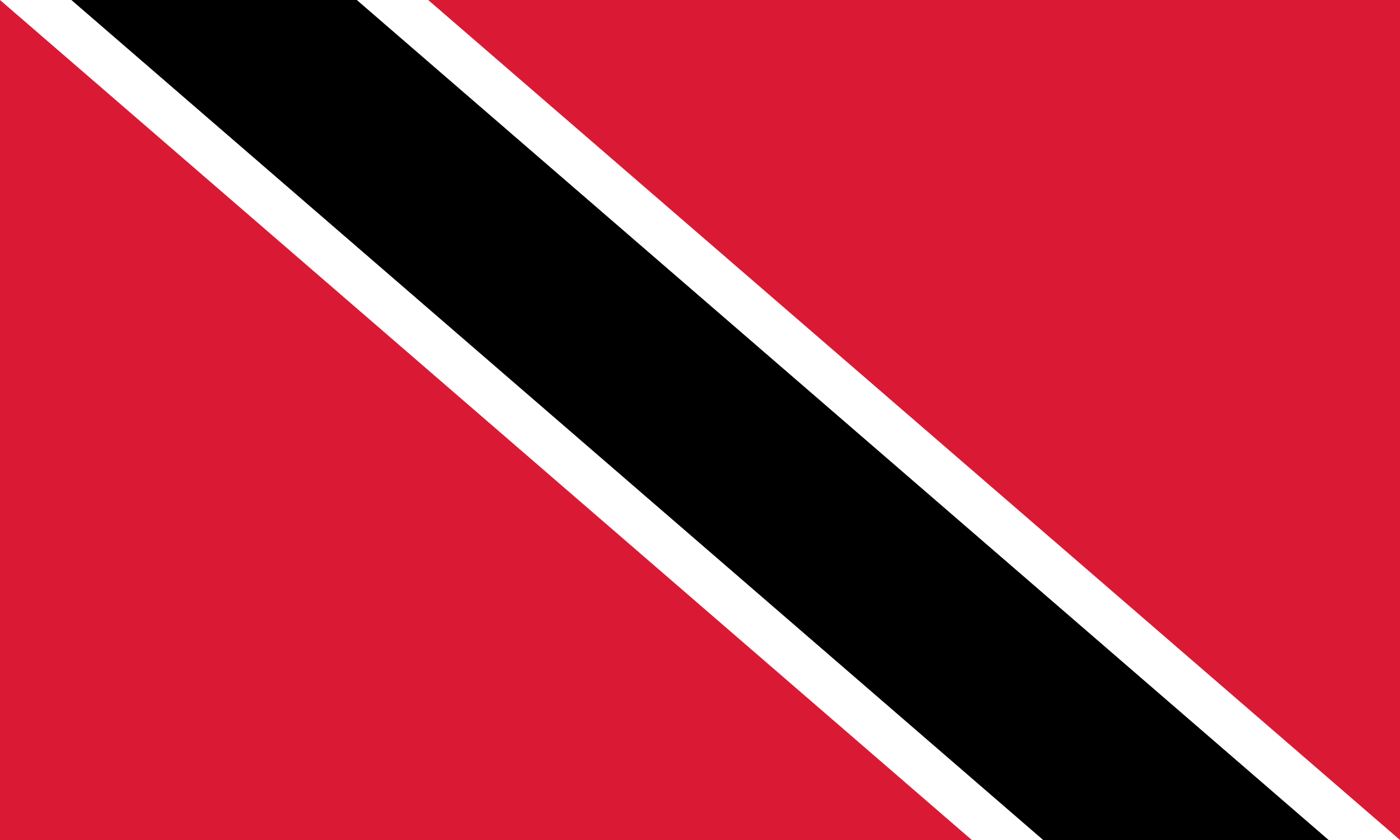The key challenges of AML compliance in Latin America and the Caribbean
Whether conducting risk assessments or reviewing client due diligence, it is vital to understand the risks and responsibilities of money laundering challenges for different jurisdictions.
In this article, VinciWorks considers the key AML challenges and laws in Trinidad and Tobago, and what organisations should consider when assessing customer, geographic or matter risk.
For more on the key AML risks and challenges in Latin America and the Caribbean, download our free guide to compliance.
Click here to download a free copy.
Key risks
- Trafficking – humans, drugs and money are all key items trafficked through the country, given its role as one of the largest trading nations in the Caribbean. The country lies seven miles from Venezuela, making it a key source of drugs and people to be trafficked.
- Enforcement – less than 10% of criminal proceeds are detected by the government. Illicit tobacco is a major issue, and illegal gambling costs almost half a billion dollars in lost revenue. The judicial system is unable to manage the caseload.
- Fraud – alongside tax evasion, fraud is one of the main reasons that suspicious transaction reports are filed. Pyramid and Ponzi schemes are common, as well as informal savings and loan clubs which are unregulated. One was run by an army official who laundered $3.5 million in dirty money.
- Casinos – illegal until recently, they have a history of illegality as casinos previously operated as private member clubs, which were unregulated.
- Terrorism – a large number of Trinidad and Tobago citizens travelled or attempted to travel to Syria and Iraq to fight for Islamic State. The use of money remittance services and prepaid debit cards are a key terrorist financing risk.
Criminal proceeds
An estimated $337 million – $844 million is laundered every year in Trinidad and Tobago.
AML policy summary
Trinidad and Tobago is seen as having a lack of political will, low prosecution and weak capacity to tackle money laundering.
Legal summary
Although the legislation exists, enforcement is a key weakness. While officials are required to disclose income, assets and liabilities annually, hundreds don’t. Beneficial ownership reporting has been required since 2019, and the register is accessible to law enforcement. The judiciary is seen as extremely slow, with cases taking years.
The government is also considering legislation to outlaw Pyramid and Ponzi schemes.
The main money laundering laws in Trinidad and Tobago are:
- The Proceeds of Crime Act 2000
- The Civil Asset Recovery and Management and Unexplained Wealth Act of 2019
- The Anti-Terrorism Act of 2005
- The Prevention of Corruption Act of 1987
- The Integrity in Public Life Act of 2000
- The Companies Act of 2019
- The E-Money Issuer Order of 2020 – this regulates virtual currency
- Gambling (Gaming and Betting) Control Act of 2021
Weaknesses
There are significant vulnerabilities in the gambling sector given the recent legalization of the industry. The sector is a powerful lobby, delaying legislative changes by six years due to the government attempting to regulate the industry in order to tax it.
Most laundering takes place with cash. The economy is mainly cash-based and one third of the economy is informal. Unregulated financial systems such as informal savings clubs are often fronts for fraudulent schemes.
Corruption is a significant issue in the country. Law enforcement, customs and immigration, army officials and other high ranking government members have been prosecuted for bribery and money laundering. The former attorney general and a former opposition senator were charged with involvement in a bribery scheme.
Instability in Venezuela has contributed to an increase in trafficking through the country, including people, drugs and cash.
Strengths
Trinidad and Tobago works closely with the US on drug control and law enforcement, as well as exchanging tax information. The country participates in the Caribbean Basin Security Initiative.
More information
VinciWorks has created a guide designed to support businesses that currently operate in Latin America and the Caribbean, or are planning to, or seeking to expand to new countries in the region. This guide provides an overview of some of the key AML challenges and issues and includes a country-by-country assessment of AML risks and laws.
Click here to download a free copy.













